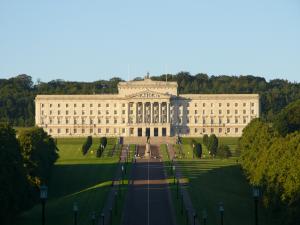
By David Young, PA
Talks to restore powersharing in Northern Ireland will resume later amid uncertainty over the impact of the anticipated Democratic Unionist/Conservative parliamentary deal.
The faltering negotiations were paused over the General Election campaign.
With Northern Ireland having been without a powersharing executive since March and without a first and deputy first minister since January, a new three-week process to salvage devolution is starting in Belfast.
But a major question mark now hangs over the talks as a result of developments at Westminster.
Political rivals of the DUP are adamant the Government can no longer cast itself as a neutral facilitator in the process, given Theresa May's intent to form a minority government with the help of a confidence and supply deal with the unionist party.
A number of deadlines to reach an agreement have already fallen by the wayside since March's snap Assembly poll, which was triggered by the implosion of the last DUP/Sinn Fein-led administration over a dispute about a botched green energy scheme.
Devolution in Northern Ireland is based on the template laid out in the 1998 Good Friday Agreement. The historic accord commits the UK government to demonstrate "rigorous impartiality" when dealing with competing political views in the region.
In light of events at Westminster, Irish Taoiseach Enda Kenny called Mrs May on Sunday to warn her that the Good Friday settlement has to be protected.
Sinn Fein, the SDLP and Alliance have all made clear they will not accept reappointed Northern Ireland Secretary James Brokenshire as a talks facilitator.
The dispute has prompted renewed calls for an independent mediator from outside the UK and Ireland to be appointed.
On Sunday night, Mr Brokenshire insisted the Government remained committed to the principles of the Good Friday Agreement and to governing in the interests of all the people of the region.
He also warned that the latest deadline for agreement - June 29 - was "final and immovable".
Mr Brokenshire made clear the reintroduction of direct rule from Westminster is on the cards if an agreement does not materialise by that date.
Irish foreign minister Charlie Flanagan, who will take part in the opening exchanges at Stormont on Monday, said: "It is now more important than ever that we have effective devolved government in Northern Ireland, especially with Brexit negotiations due to begin shortly."
He added: "The Irish Government remains fully committed to ensuring that the Good Friday Agreement and subsequent agreements are upheld and implemented in full."
The institutions collapsed after the late Martin McGuinness quit as deputy first minister in protest at the DUP's handling of the ill-fated Renewable Heat Incentive (RHI) - an eco-scheme that left Stormont facing a £490 million overspend.
Powersharing structures meant Mr McGuinness's move forcibly removed DUP leader Arlene Foster from her job as first minister and triggered March's snap election.
The Assembly election campaign exposed many more divisions between the two main parties, on issues such as legislative protections for Irish language speakers and how to deal with the legacy of the Troubles.


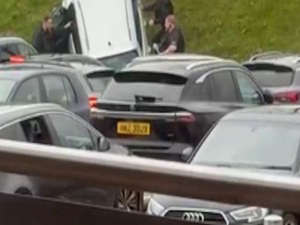 Woman charged over theft of campaigner’s car ‘must stay out of Belfast’
Woman charged over theft of campaigner’s car ‘must stay out of Belfast’
 Bluetongue restrictions in Northern Ireland will be relaxed from Friday
Bluetongue restrictions in Northern Ireland will be relaxed from Friday
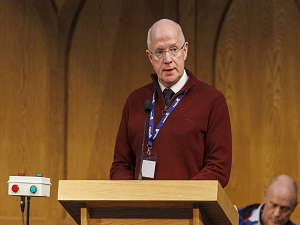 Conviction led to safeguarding review at Presbyterian Church
Conviction led to safeguarding review at Presbyterian Church
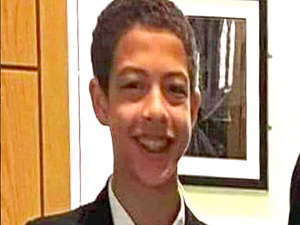 Coroner vows to keep Noah Donohoe inquest ‘on track’ for January start date
Coroner vows to keep Noah Donohoe inquest ‘on track’ for January start date
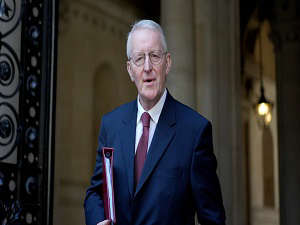 Appeal to European Court being considered after ruling over Troubles disclosures
Appeal to European Court being considered after ruling over Troubles disclosures